Why Treaty, Why Now
We want a country that values all people, whether they have been here five years, five generations or five thousand generations. But too often, First Nations people have been ignored in conversations about who we are and what sort of country we want to be. Treaties provide a way to acknowledge past and present injustices, resolve differences, and work out how to create a shared future.
What's at Stake
Decades of leadership by our Elders have laid the foundations for the historic truth and Treaty process underway in Victoria right now: the first in the country.
As we get closer than ever to making Treaties a reality, racist right-wing groups and conservative politicians are pushing divisive campaigns attacking Treaty processes and First Nations rights. In the wake of the Voice referendum result, some states have ripped up their promises on truth and Treaty. But our mob will never back down in demanding truth, Treaty and justice - and there's a role for everyone to stand up in solidarity.
By building a powerful movement, we can turn the tide and make sure governments across the continent get back on track with Treaty.
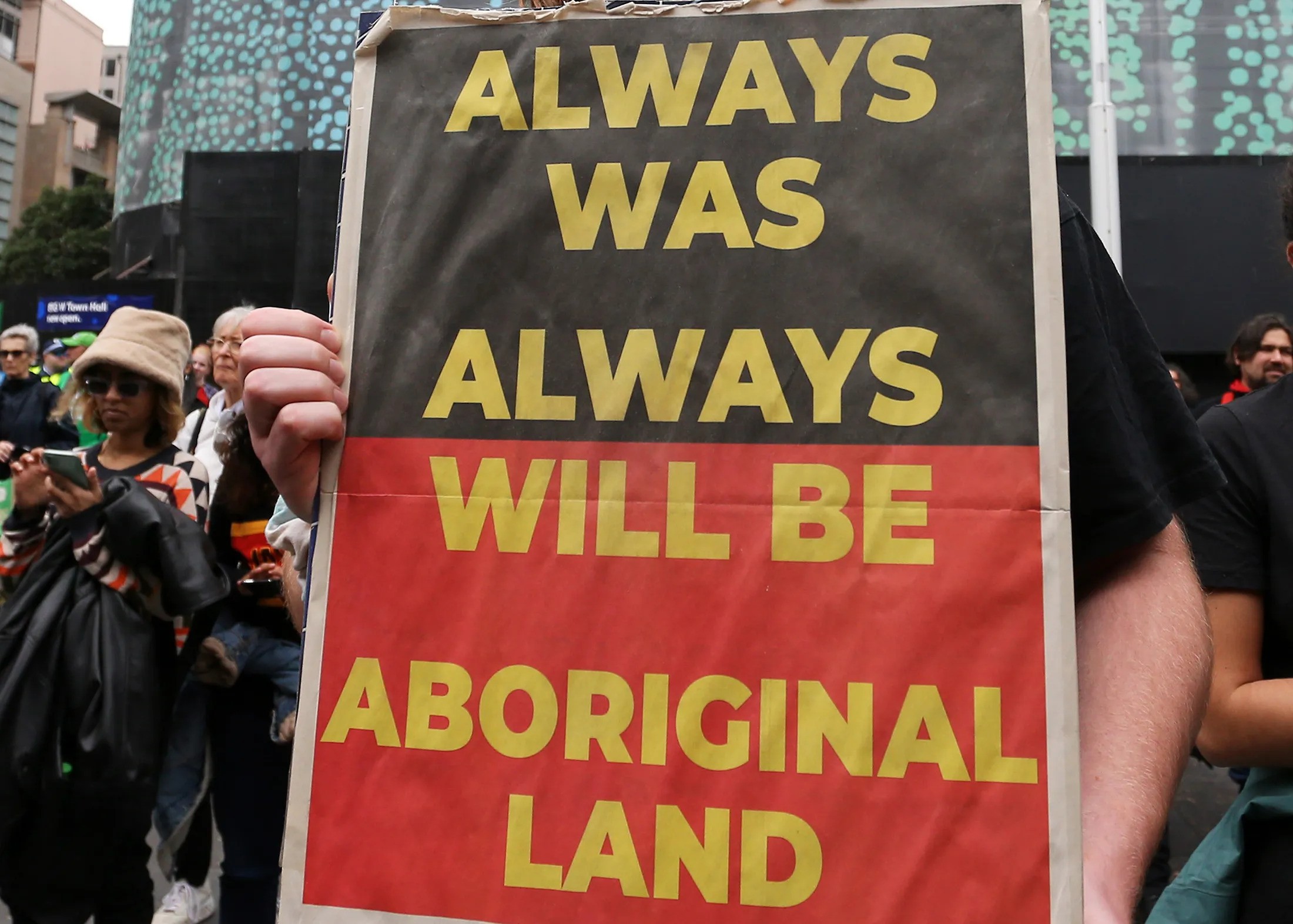
Winning Transformative Change
Treaty is about putting First Nations people in the driver’s seat of decisions that affect our communities, our culture and our Country. Through truth-telling and Treaty-making, we can secure tangible outcomes and justice for our people - and build a more unified future for everyone.
Respect
Honouring the continuing sovereignty of First Nations peoples, respecting and taking pride in the oldest living cultures in the world.
Justice
Addressing historical wrongs and creating equitable systems for the future.
Empowerment
Ensuring our communities are free to shape our own futures, with economic opportunities and strong community controlled services.
Truth-Telling and Healing
Acknowledging the reality of injustice in our past and present: facing the truth with open hearts in order to build a better future.
Unity
Building relationships of solidarity, understanding and mutual respect among people from all walks of life.
Protecting Country
Putting Aboriginal land back in Aboriginal hands - equipping our mob with the rights and resources care for Country and protect cultural heritage.

The Journey to Treaty
Early Resistance
From the moment of colonization, First Nations peoples have resisted dispossession and fought for their sovereignty. Leaders like Pemulwuy, Windradyne, and Jandamarra led armed resistance against colonial forces.
Despite overwhelming odds, First Nations peoples never ceded sovereignty and maintained their connection to Country. Treaty agreements, land rights, justice and accountability have been core demands of our Elders and activists across generations.
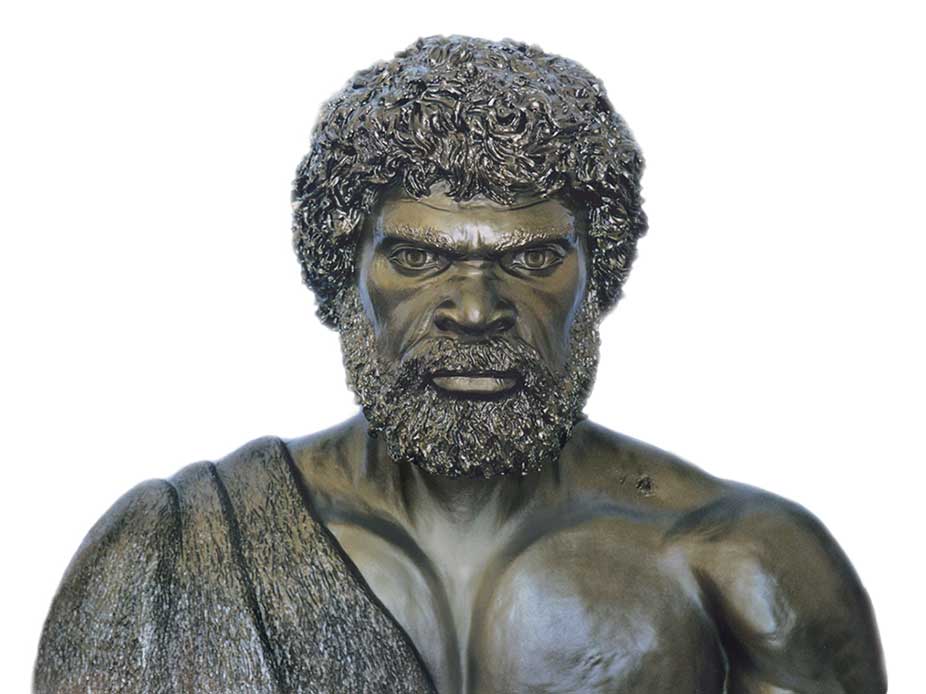
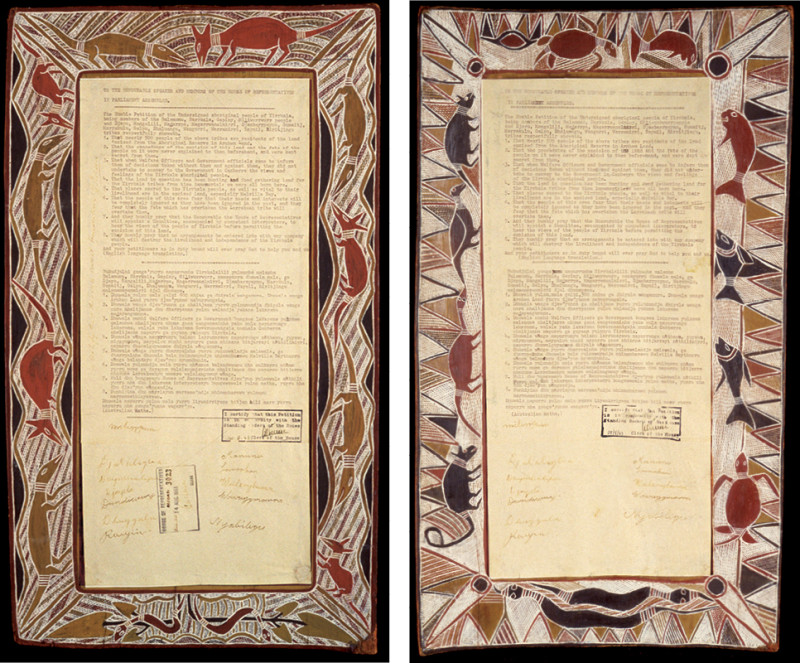
Bark Petitions (1963)
The Yolngu people of Yirrkala in the Northern Territory sent bark petitions to the Australian Parliament, protesting the taking of their land for bauxite mining without consultation.
These historic documents combined traditional bark painting with typed text, symbolizing the meeting of two legal systems.
Barunga Statement (1988)
The Barunga Statement called for Aboriginal self-management, a national system of land rights, compensation for loss of lands, respect for Aboriginal identity, and an end to discrimination.
Prime Minister Bob Hawke promised a treaty by 1990, but this promise was not fulfilled.

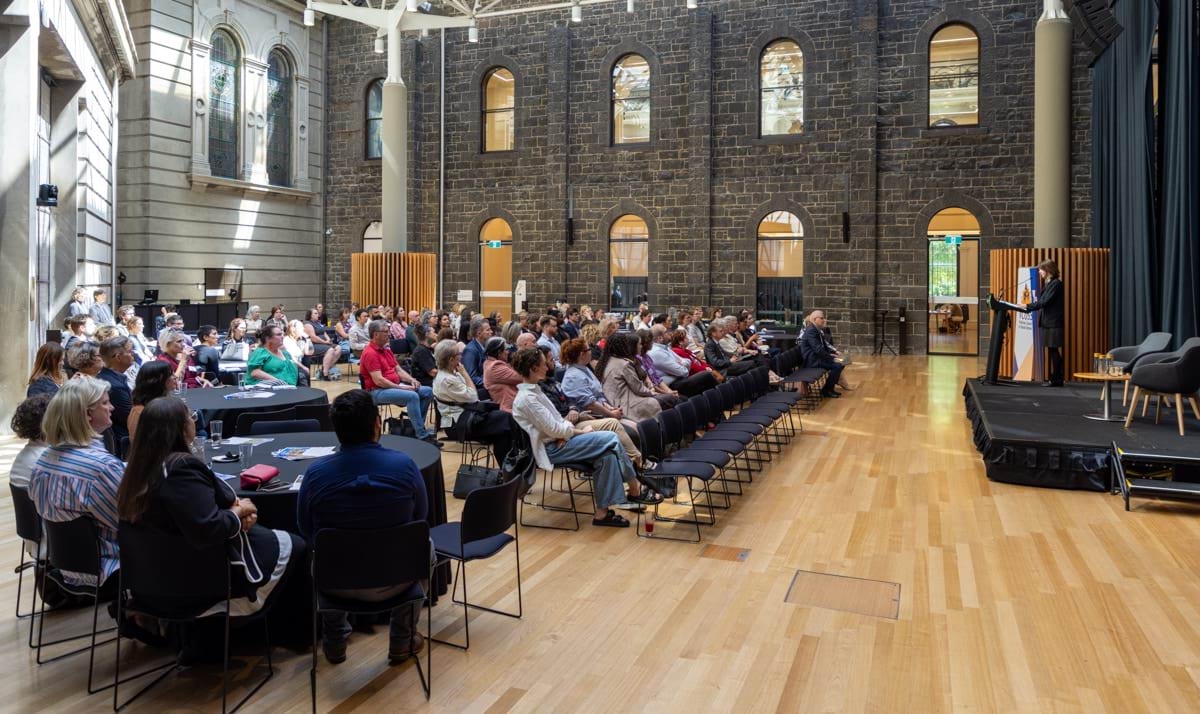
Treaty Consultations in Victoria (2016)
Uluru Statement from the Heart (2017)
After extensive consultations with First Nations communities across Australia, the Uluru Statement called for Voice, Treaty, and Truth.
This landmark document led to the 2023 referendum on a First Nations Voice to Parliament. In the absence of bipartisan support, we saw a No campaign based in racism, fear and misinformation take hold. However, we also saw millions of Australians educate themselves and take action in support of First Nations communities - many for the first time.
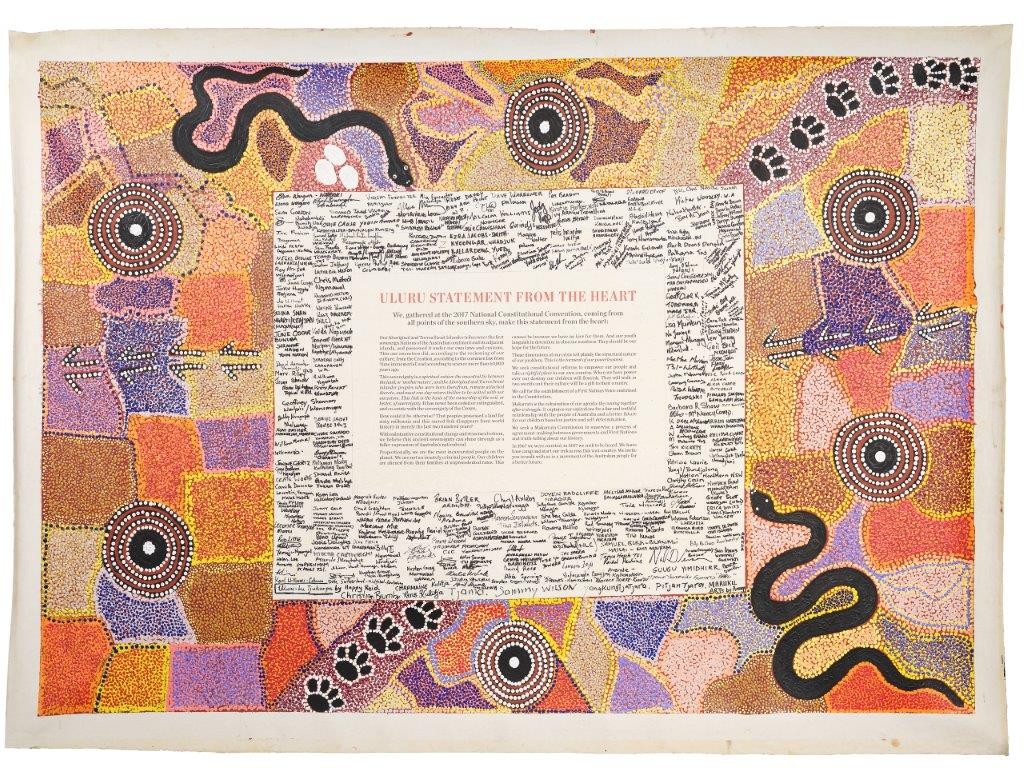
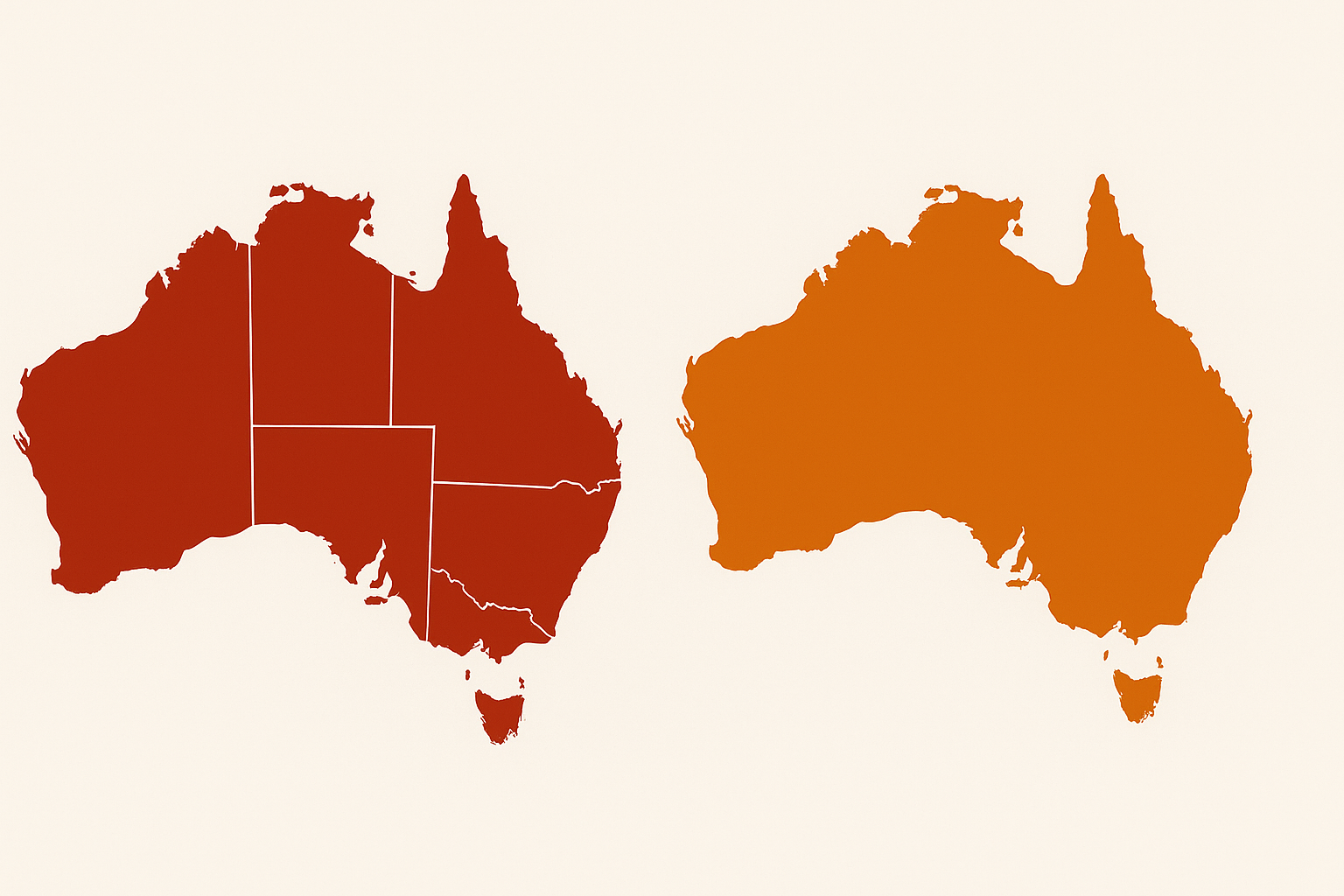
State and Territory Level Treaty Processes (Present)
Along with Victoria, Queensland, South Australia, Northern Territory and Tasmania have taken steps toward Treaty processes in the past decade.
However, in the wake of the Voice referendum defeat, we are witnessing many governments across the country stall or abandon their commitments to truth and Treaty - including in Queensland, where in 2024 the Crisafulli government axed the Truth Telling & Healing Inquiry and Path to Treaty Act.
Together for Treaty Campaign (Present)
Building on decades of advocacy, by our communities, Common Threads is growing a community campaign, bringing together diverse voices to strengthen public support for Treaties with First Nations peoples.
Through education, community organizing, and political advocacy, we're building unstoppable momentum for Treaties across the continent.


Early Resistance
From the moment of colonization, First Nations peoples have resisted dispossession and fought for their sovereignty. Leaders like Pemulwuy, Windradyne, and Jandamarra led armed resistance against colonial forces.
Despite overwhelming odds, First Nations peoples never ceded sovereignty and maintained their connection to Country. Treaty agreements, land rights, justice and accountability have been core demands of our Elders and activists across generations.

Bark Petitions (1963)
The Yolngu people of Yirrkala in the Northern Territory sent bark petitions to the Australian Parliament, protesting the taking of their land for bauxite mining without consultation.
These historic documents combined traditional bark painting with typed text, symbolizing the meeting of two legal systems.

Barunga Statement (1988)
The Barunga Statement called for Aboriginal self-management, a national system of land rights, compensation for loss of lands, respect for Aboriginal identity, and an end to discrimination.
Prime Minister Bob Hawke promised a treaty by 1990, but this promise was not fulfilled.

Treaty Consultations in Victoria (2016)

Uluru Statement from the Heart (2017)
After extensive consultations with First Nations communities across Australia, the Uluru Statement called for Voice, Treaty, and Truth.
This landmark document led to the 2023 referendum on a First Nations Voice to Parliament. In the absence of bipartisan support, we saw a No campaign based in racism, fear and misinformation take hold. However, we also saw millions of Australians educate themselves and take action in support of First Nations communities - many for the first time.

State and Territory Level Treaty Processes (Present)
Along with Victoria, Queensland, South Australia, Northern Territory and Tasmania have taken steps toward Treaty processes in the past decade.
However, in the wake of the Voice referendum defeat, we are witnessing many governments across the country stall or abandon their commitments to truth and Treaty - including in Queensland, where in 2024 the Crisafulli government axed the Truth Telling & Healing Inquiry and Path to Treaty Act.

Together for Treaty Campaign (Present)
Building on decades of advocacy, by our communities, Common Threads is growing a community campaign, bringing together diverse voices to strengthen public support for Treaties with First Nations peoples.
Through education, community organizing, and political advocacy, we're building unstoppable momentum for Treaties across the continent.
Join the Movement
The time for Treaty is now. Together, we can build a national movement of First Nations people and allies standing side-by-side for truth-telling, Treaties and justice.
Frequently Asked Questions
A Treaty is a formal agreement between sovereign entities. In the context of First Nations peoples and the Australian government, Treaties would recognize the sovereignty of First Nations peoples and establish frameworks for addressing historical injustices, protecting rights, and creating pathways for self-determination. There are currently processes underway to explore Treaty negotiations at a local, state and national level.
Unlike other British colonies such as New Zealand and parts of North America, the British colonizers of Australia relied on the legal fiction of terra nullius (land belonging to no one) to justify settlement without Treaties. This doctrine was overturned by the High Court in the 1992 Mabo decision, but Australia has yet to address this historical omission. First Nations people have never ceded sovereignty and continue to fight for Treaties and justice.
We’re all better off when we are free to set our own course and make decisions for ourselves, our families and our communities. But too often, successive Governments have forced their own ideas on how we, as First Nations people, should lead our own lives. Decisions about our health, our education and our homelands keep being taken away from us. Treaty is about putting First Nations people in the driver’s seat so together we can make the decisions that affect us. We know our communities best - so when we have a say over policies that impact us, they work better for us.
Treaties would provide a foundation for reconciliation, healing, and justice. They would help address the ongoing impacts of colonization, reduce inequality, protect cultural heritage that enriches all our lives, and create a more honest and mature national identity based on truth and mutual respect. Just as New Zealand has embraced Māori culture, we can create a future where we respect and value Aboriginal people and take pride in the oldest living culture in the world.
Yoorrook truth-telling process: The Yoorrook Justice Commission has led a groundbreaking truth-telling process in Victoria: listening to the experiences of First Nations people and charting a course forward for action, healing and justice. After more than four years and over 1,300 submissions, the final report was handed down in July 2025. It includes 100 recommendations to address ongoing and systemic injustices across areas such as health, education, land rights and representation.
We can only be our best and create a country where everyone can thrive when we listen and acknowledge the truth of our past and present. We must speak the truth about Australia's history regarding Aboriginal people — including massacres, dispossession, and the violent suppression of language and culture — and understand how these systems continue today. Through truth-telling, we can honour the strength and survival of First Nations peoples and build a more just future together.
Statewide Treaty process: Right now, the First Peoples' Assembly - an elected body representing First Peoples across Victoria - is negotiating a statewide Treaty with the Victorian government. This Treaty can make sure Aboriginal communities have the freedom and power to set the course and design solutions that work for their mob across a range of areas - like removing unfair barriers to healthcare and housing, making sure young people can thrive, and making sure all Victorians can learn about and celebrate First Nations cultures.
The Victorian Treaty legislation is set to be tabled in Parliament before the end of 2025.
- NSW: Committed to a 12-month consultation process in 2023 with discussions beginning in the coming months.
- Queensland: A Path to Treaty process which began under Labor in 2019 was scrapped in 2024 by the incoming Liberal National Party.
- South Australia: Aboriginal leaders are keen for discussions to restart but the state government has said no treaty will be negotiated before the next state election in March 2026. South Australia has the first state-based voice which was legislated in 2023.
- Tasmania: The Tasmanian government has committed to a truth-telling process, but has dropped Treaty discussions.
- Northern Territory: The Country Liberal Party (CLP) government scrapped the treaty process in February 2025.
- Western Australia: Has made no formal commitments.
- ACT: In early 2023, the ACT Government announced it would set up an Aboriginal and Torres Strait Island Eminent Panel. While it was anticipated that this would be established by late 2023, no progress has been seen.